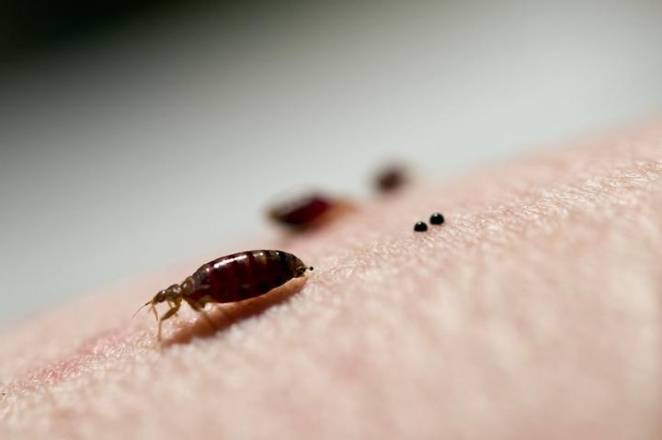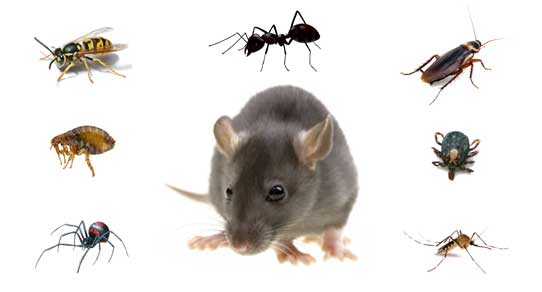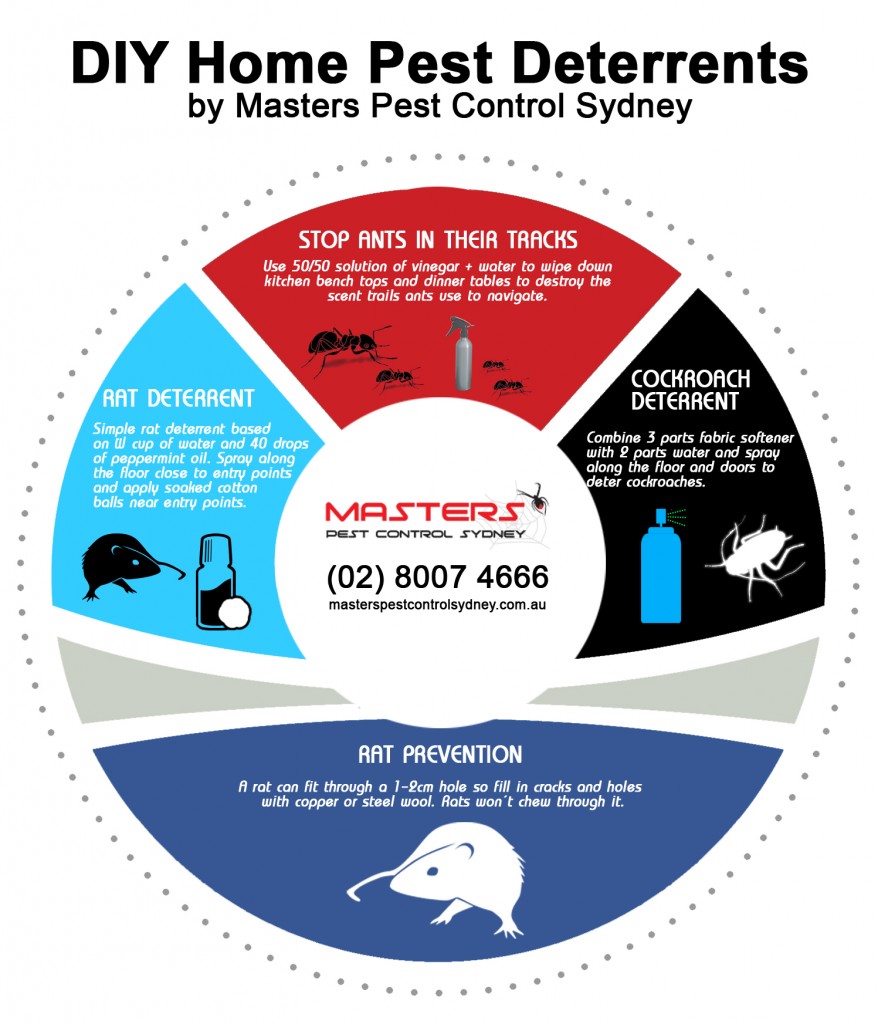Pest Control Edmondson Park - Local Pest Exterminators Servicing Edmondson Park NSW






Book a pest control services in Edmondson Park to stop unwanted pests from causing damage to your property. Pests such as termites can spread quickly. It's best to book a professional to stop a pest infestation before things worsen!
For any home pest control or commercial pest control book, only the masters! Our team is on standby and can provide FAST and EFFECTIVE pest control solutions anywhere in Sydney.
Tell us your problem
FREE QUOTE
Trusted for over 40 years, servicing Edmonson Park NSW
We take great pride in providing pest control services that are guaranteed safe for the environment.
When you book our pest exterminators anywhere in Sydney, you are guaranteed to get a child-friendly and pet safe pest control service.
For further information, you may sign up for our mailing list and download our pest control guide.
Home residential pest management
Pest Control Near Edmondson Park
Do you need a pest control service in Edmondson, NSW? You can easily book our pest exterminators who are fully trained and licensed to remove cockroaches, termites, rats, ants, spiders, bugs and other common pests in Australia.
Our professional pest exterminators are always on standby. Call us on (02) 8007 4666 and schedule a building and pest inspection today!
We offer pest control Sydney-wide services. See our other locations below:
#1 pest controllers in Edmondson Park
- 100% customer satisfaction guaranteed!
- All our services are child and pet-safe.
- We provide a warranty on all work.
- Get a lasting solution to any pest problem when you book our team of experts.
- If you're running a business, solve a pest infestation now to avoid paying unnecessary fines.
- Prevent any pest infestations from spreading quickly and causing massive damages.
Pest control tips for homes in Edmondson Park
As cold weather comes and the temperature drops, you are not the only one who craves a cosy place and snuggles down. Many winter pests take cover in a warm corner indoors or settle at your pet’s hairy figure to survive the extreme conditions. This means you are likely to deal with all the infestations left behind.


Take preventative measures inside your household to keep these uninvited guests at bay with our suggestions below.
Where do bugs go
“How do pests make it through the cold weather? Isn’t there anything to kill them?” You might have encountered such questions while desperately wiping off traces of pests in your windows, kitchens, or anywhere else within your beloved home.
The answer is, while the temperature change can be fatal to many species of insects, many others have adapted to survive the harsh weather, and some others even developed instinctual strategies to thrive as groups to avoid dying alone. While insects can either sneak inside your house to use their own ways to survive, understanding their cold tolerance levels can considerably aid your winter pest control efforts.


Monarch Butterflies are a prime example of migrating winter pests. They run away from the extreme temperature by migrating to warmer climates to the south and beginning a new life cycle. Some others opt for hibernation when they undertake a dormant period to slow down metabolism rates to save energy and revive in spring.
And, to your disappointment, many common pests are not going anywhere rather than your house. For example, ants, termites, bed bugs and fleas are some of those that never leave your house. Throughout the winter, ants and termites remain clustered together in large to keep their queens warm and well-fed. Meanwhile, stink bugs will seek someplace calm and secluded, such as your attic, crawling space and wall voids to enjoy the warmth.
How irritating can pests be
While winter may disturb you with ‘mystery bites’, there is little clear evidence about pests involved in itching or irritation during the cold season. However, as many insects remain active during this time, insects or mites are the true culprits in some mysterious bite cases. For example, bed bugs have become increasingly common, and their bites are potential irritants. They usually bite people at night while sleeping, followed by a typical reaction of itchy red welts on exposed skin.
However, since bed bugs are not visible to bare eyes, some might mistakenly identify winter bug bites as a condition known as a ‘winter itch.’ This happens because of moisture loss and increased sensitivity triggered by a drop in temperature. Sometimes, bug bites in winter are not necessarily the source of irritation. For example, stink bugs neither bite nor spread disease, but they can still release compounds that can trigger an allergy in some people. So stink bugs in winter should still be considered a potential allergen.
Keep pests away
There are several domestic, do-it-yourself methods you can take to prevent winter pest infestation, such as
- Sealing up your doors: While checking your doors, be aware of cracks as they lead the path for the bugs to invade your home. If you detect one, fill the crack as soon as possible with sturdy aluminium, steel threshold or a door sweep underneath the door. Weather-stripping or door-seal kits to the perimeter of the frames or clear caulking to seal the door joints can also help.
- Adding Screens: Whenever you open the windows to allow ventilation without screening, the bugs can easily make their entry. A 20-mesh or fine screen is ideal for keeping the bugs from sneaking through the holes.
- Repairing Cracks: Even the most microscopic cracks or holes can lead the way to tiny insects. Therefore, it is important to patch them up. That means you should look for cracks on the foundation and walls and fill them using cement or mortar, replace damaged bricks with new ones and keep a cautious eye on any potential cracks or leakage.
- Properly managing your waste: Leaving food and water unprotected is nothing different from welcoming pesky insects to infest your home. Remember to store all of your food in airtight containers, keep unsealed ones in the refrigerator and keep food waste in nowhere but the bin with a tight lid.
- Maintaining home sanitation: It simply means keeping your house clean by practice frequent cleaning, sweeping and vacuuming crawl spaces. Get rid of unnecessary debris such as scrap lumber, old boxes, old books and newspapers, or anything that can turn into a pest shelter.
However, if things have gone beyond your control or do not know where to start, professional winter pest control solutions are available. You need to contact a pest control expert.



